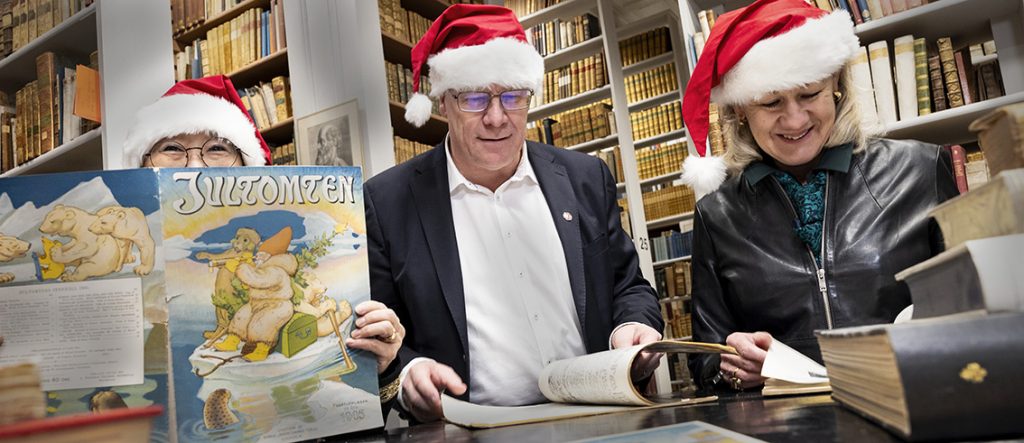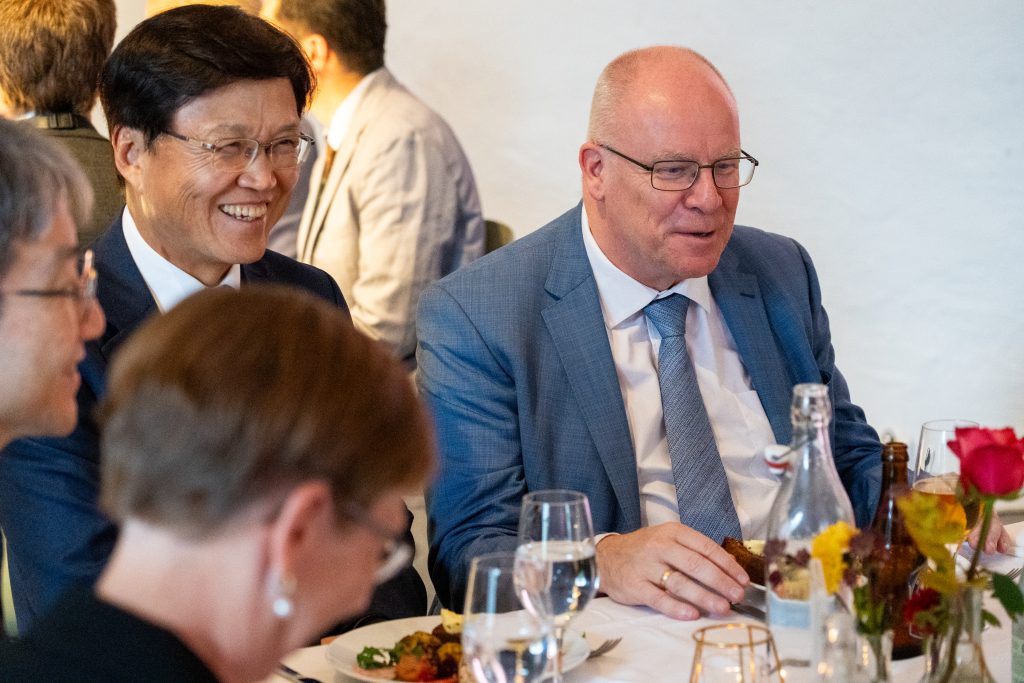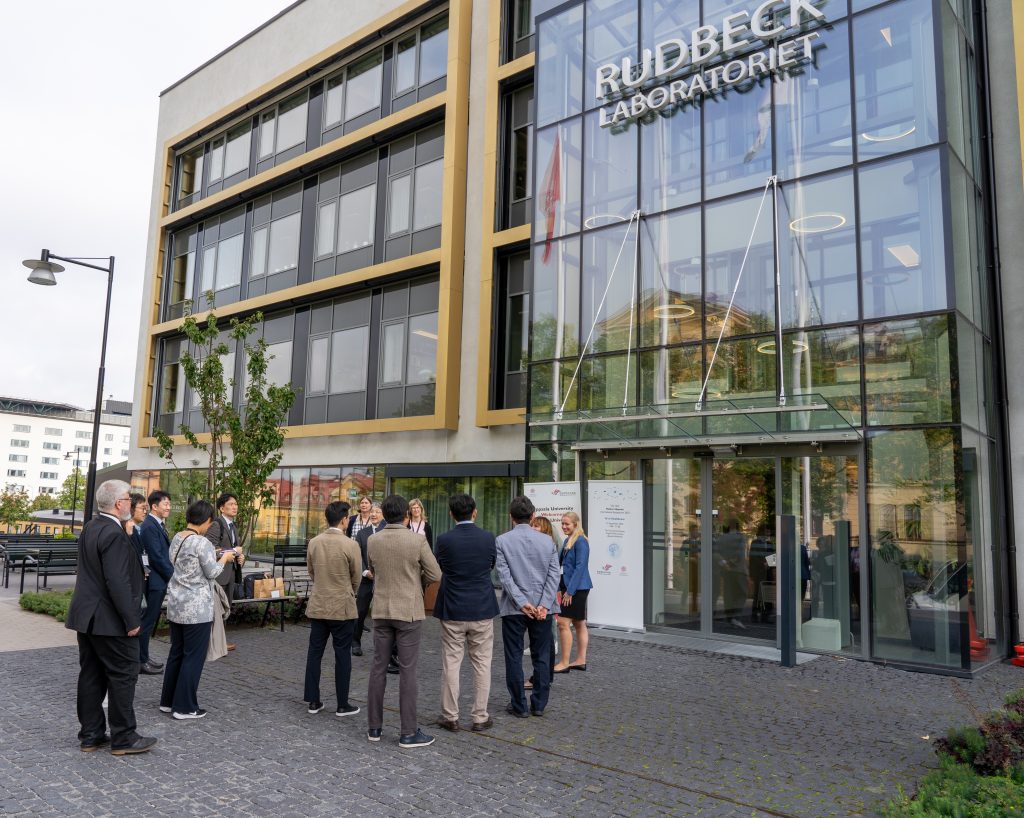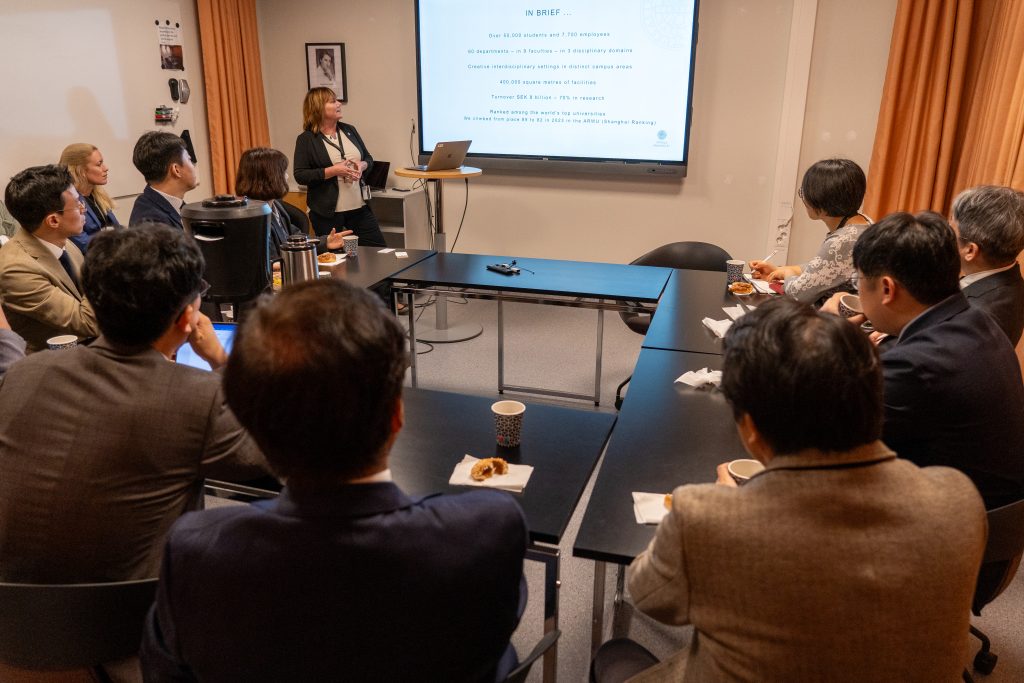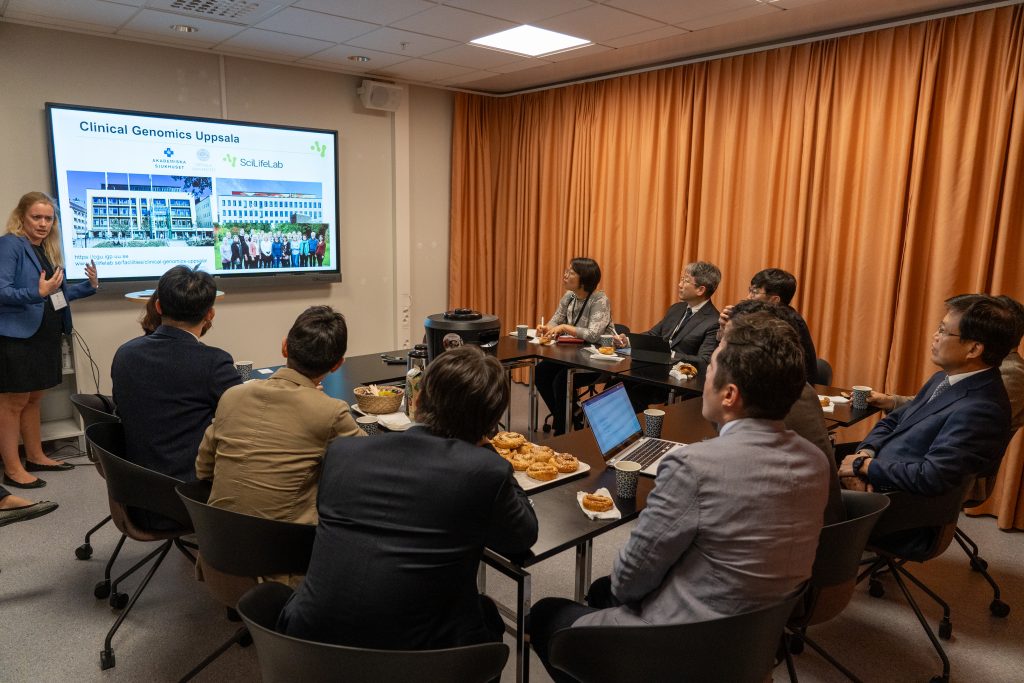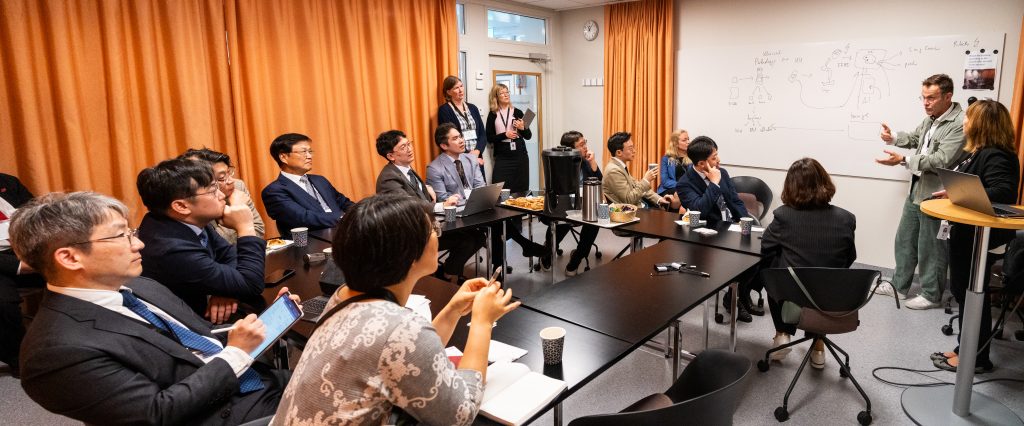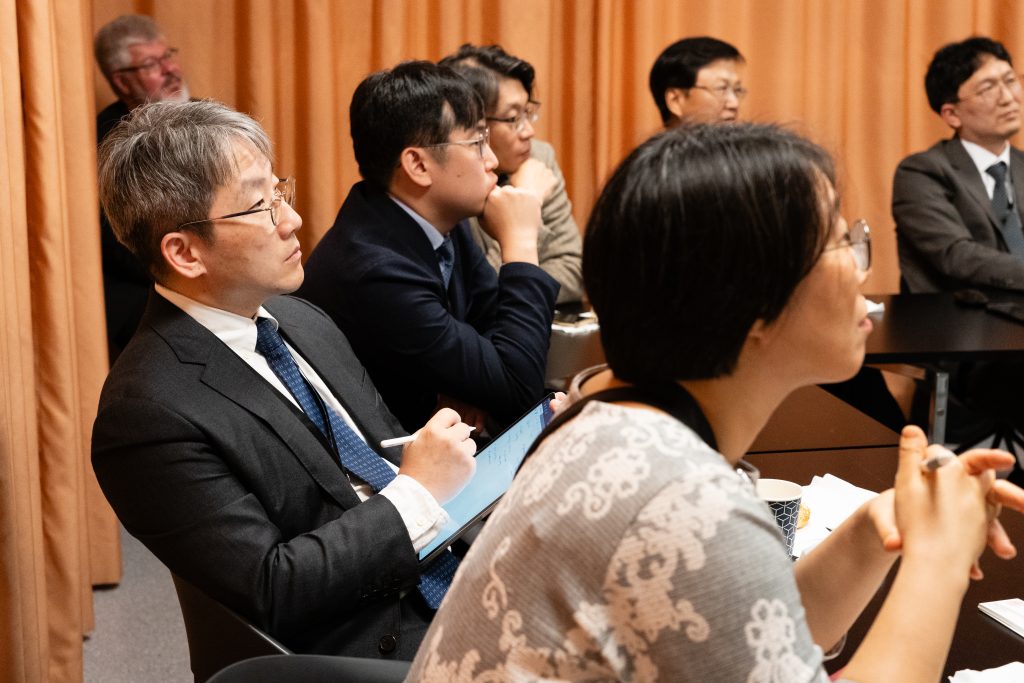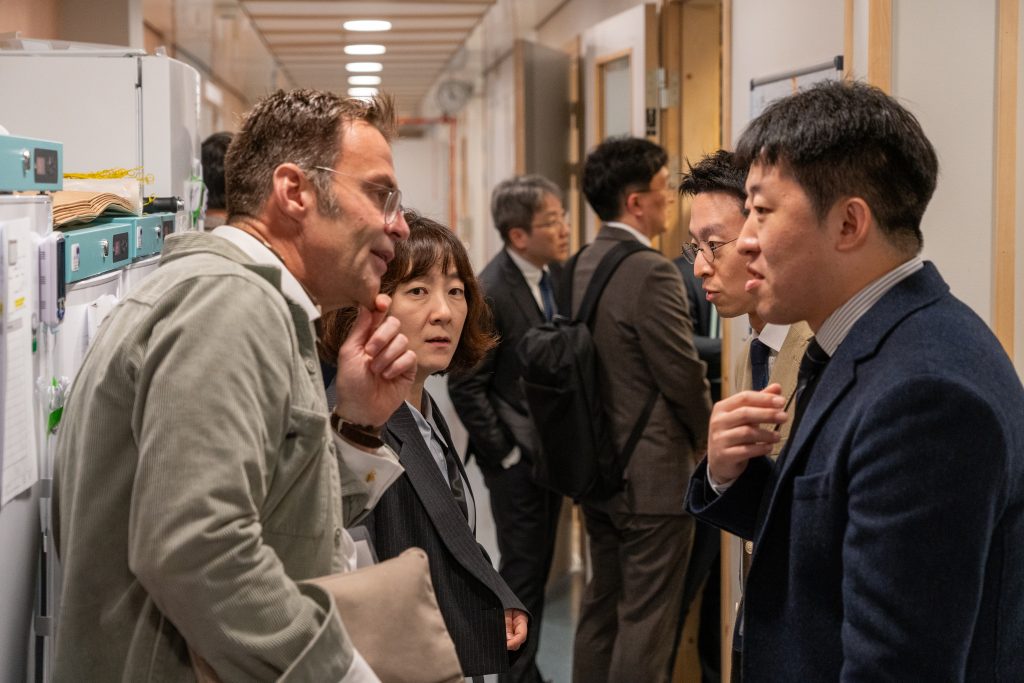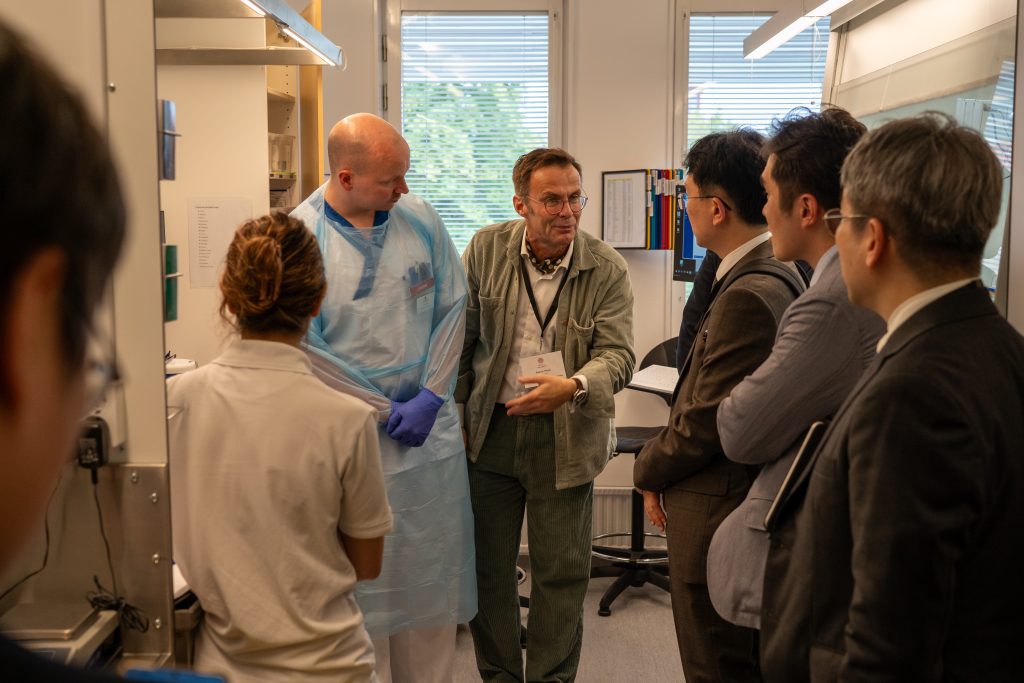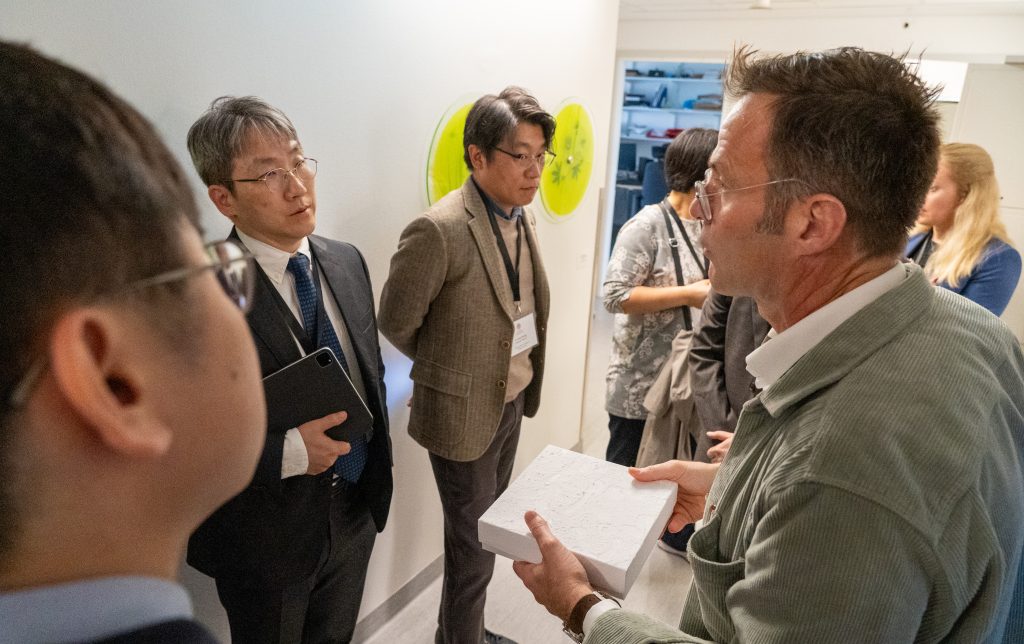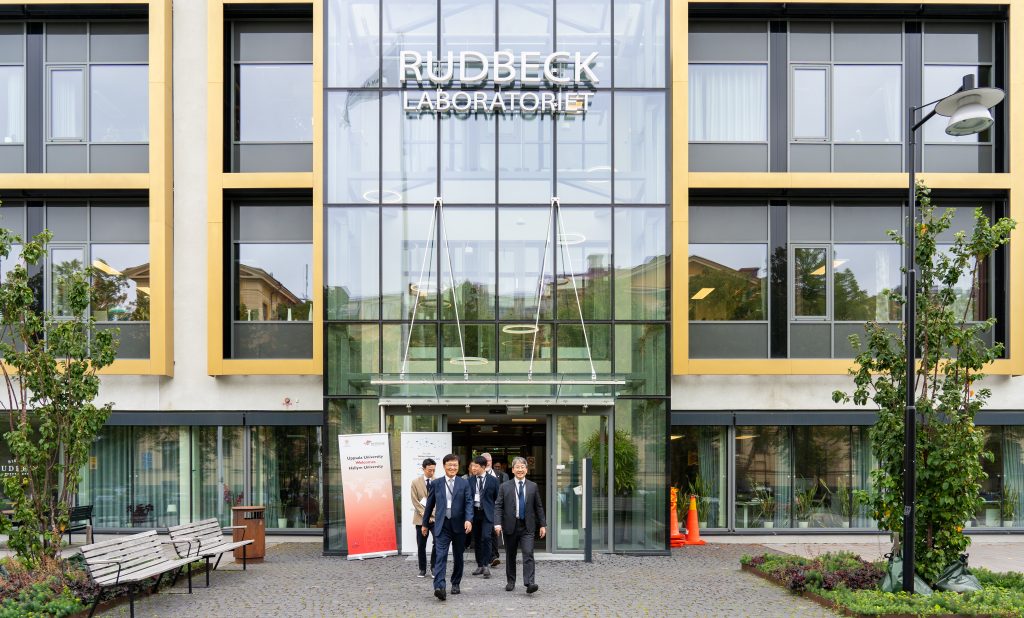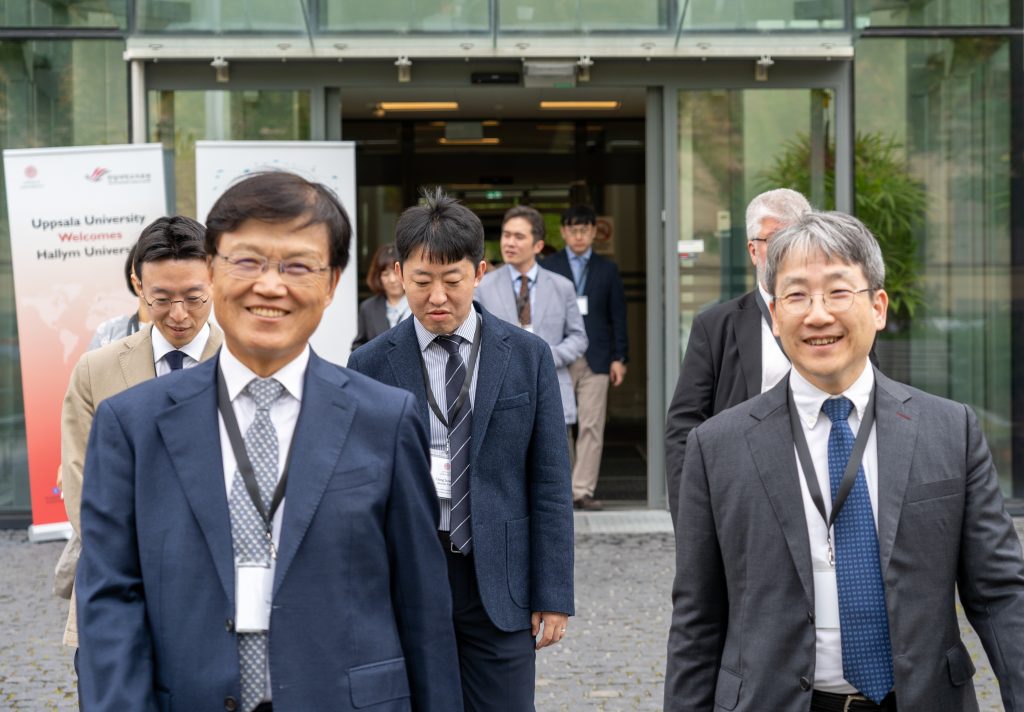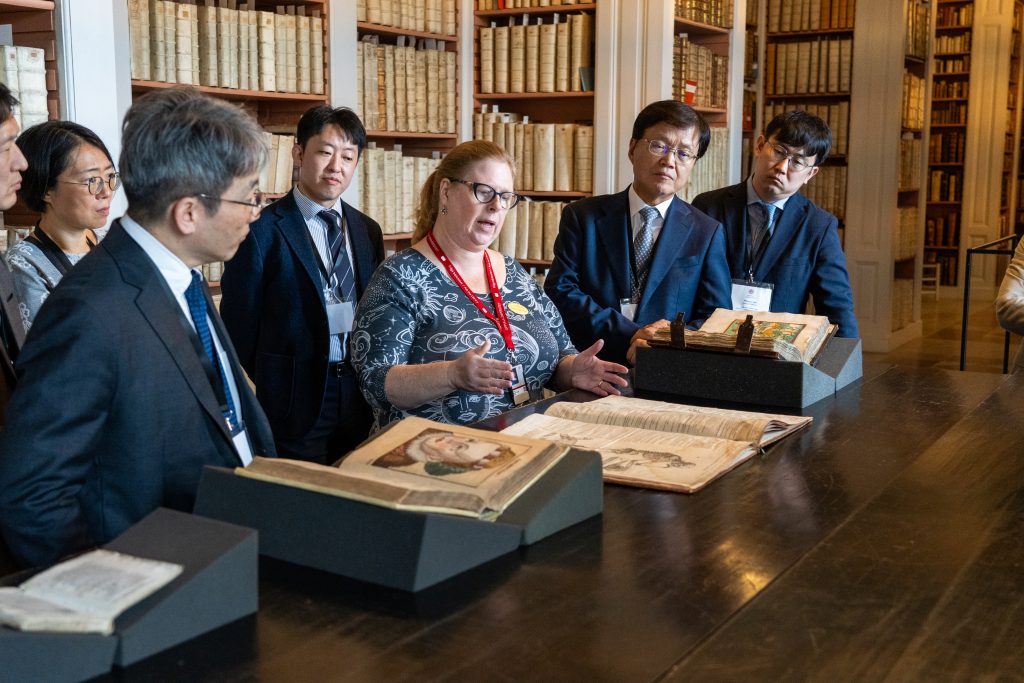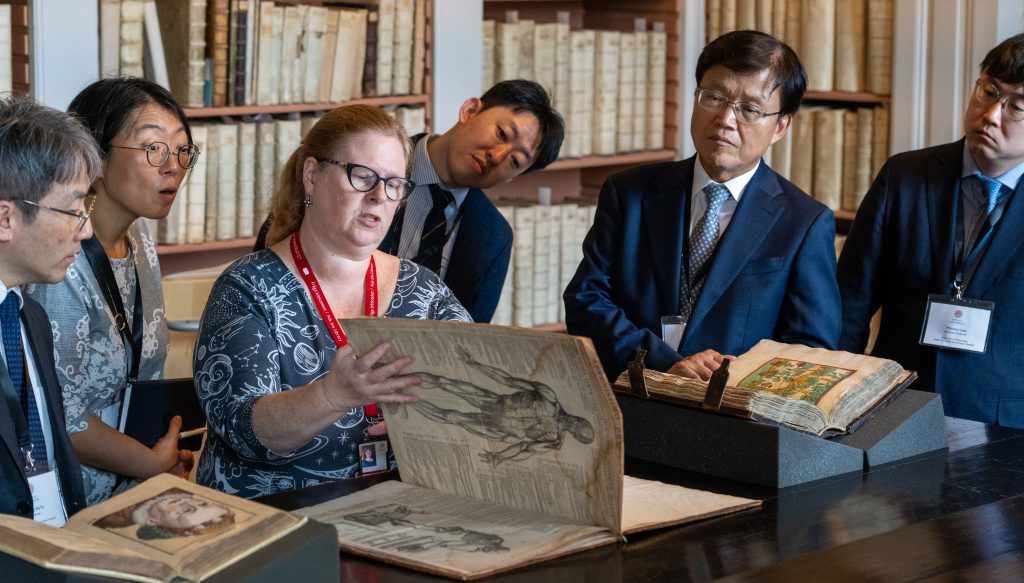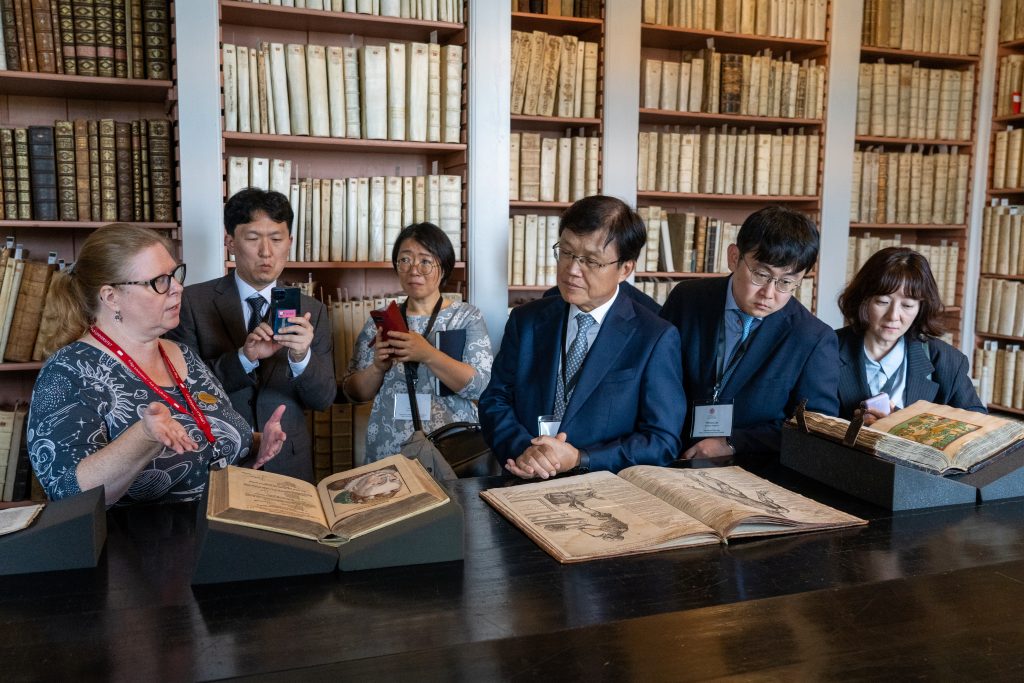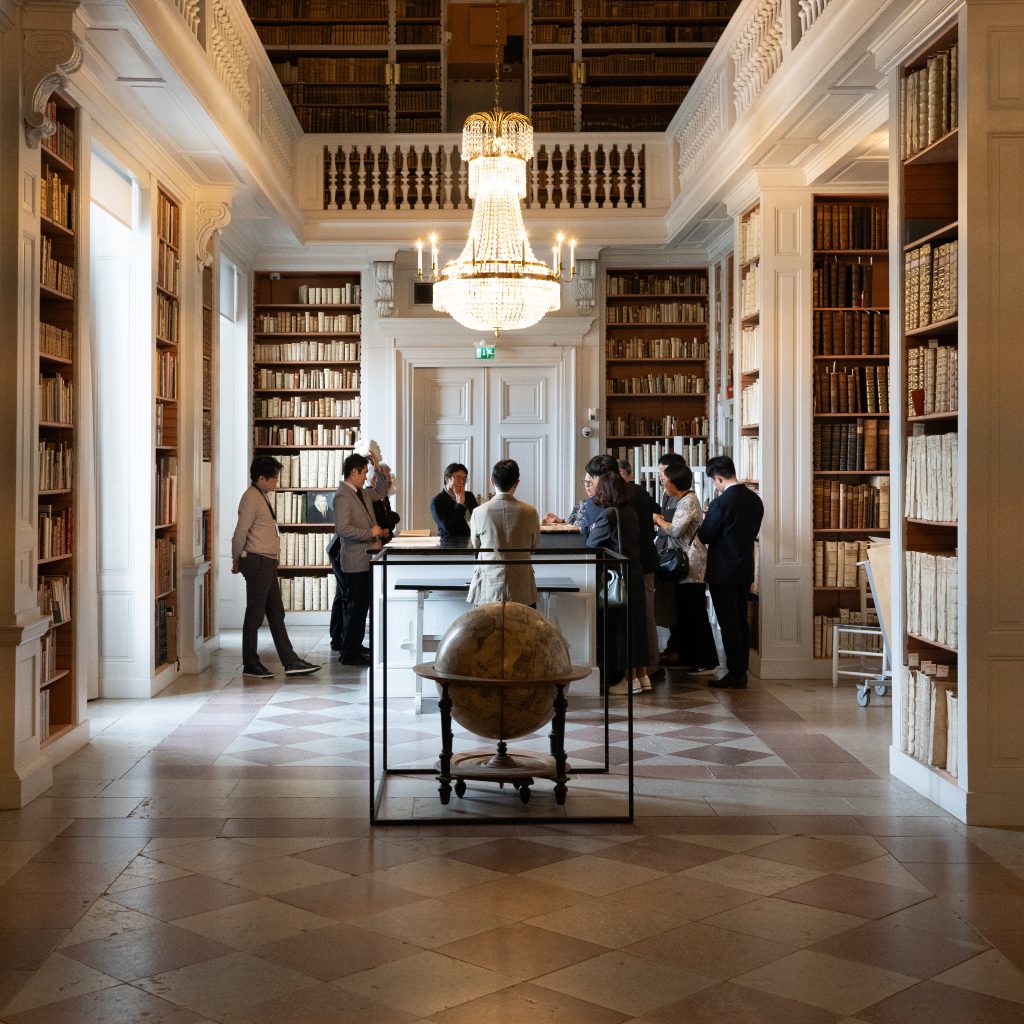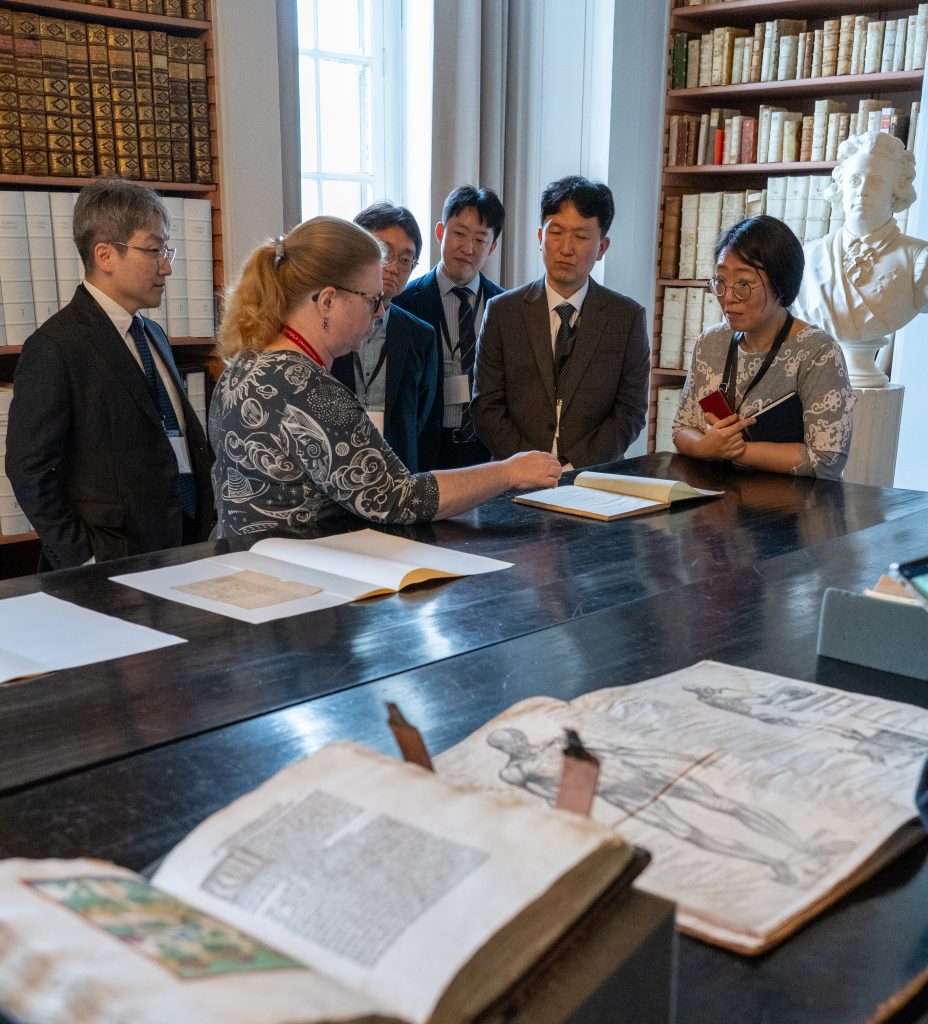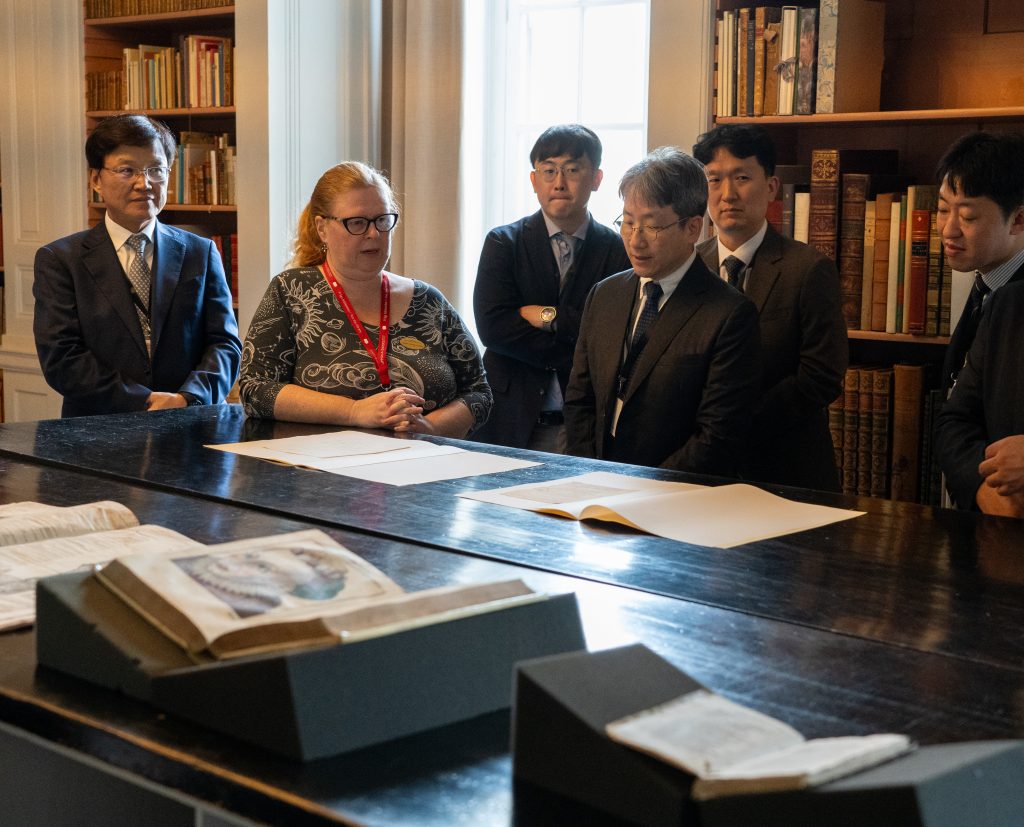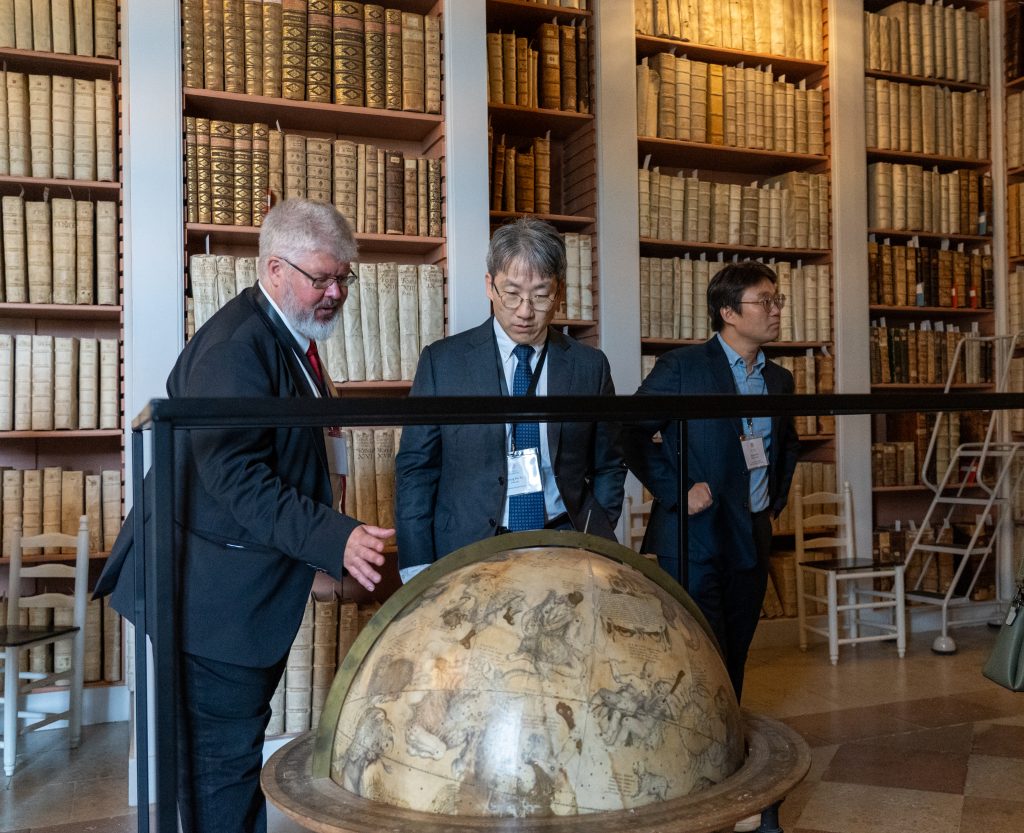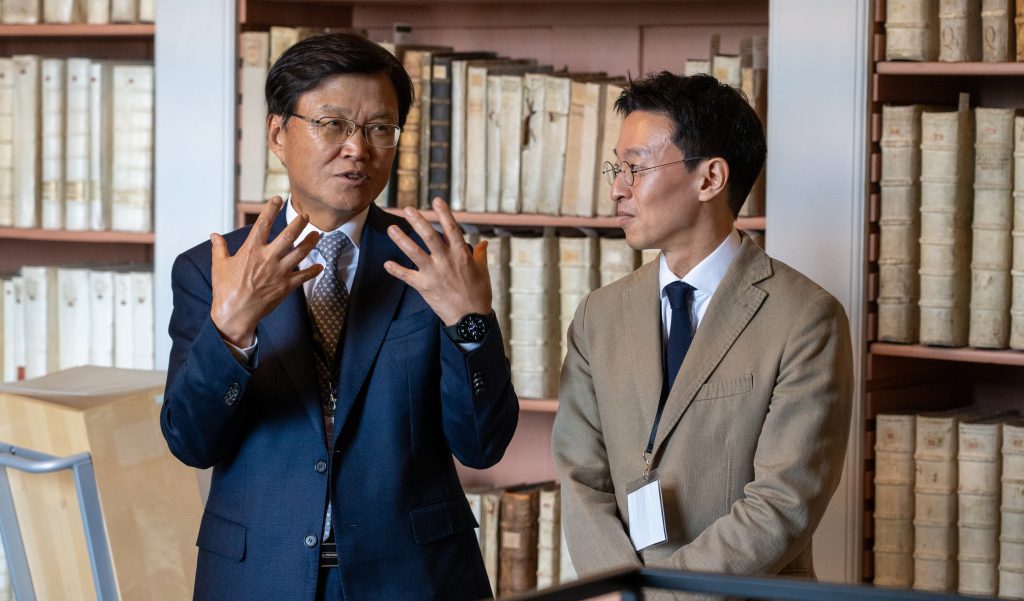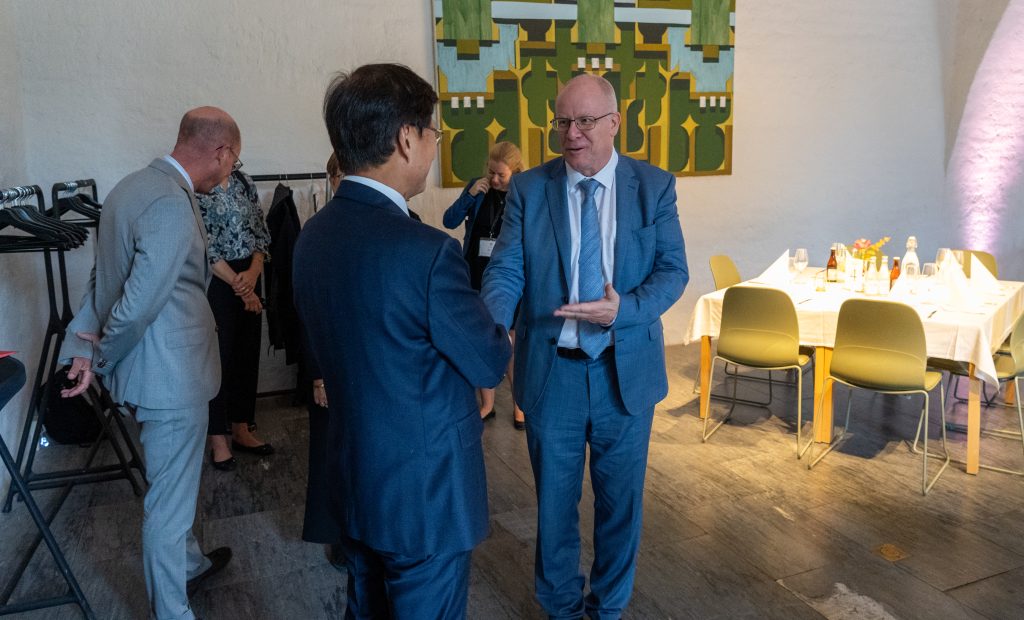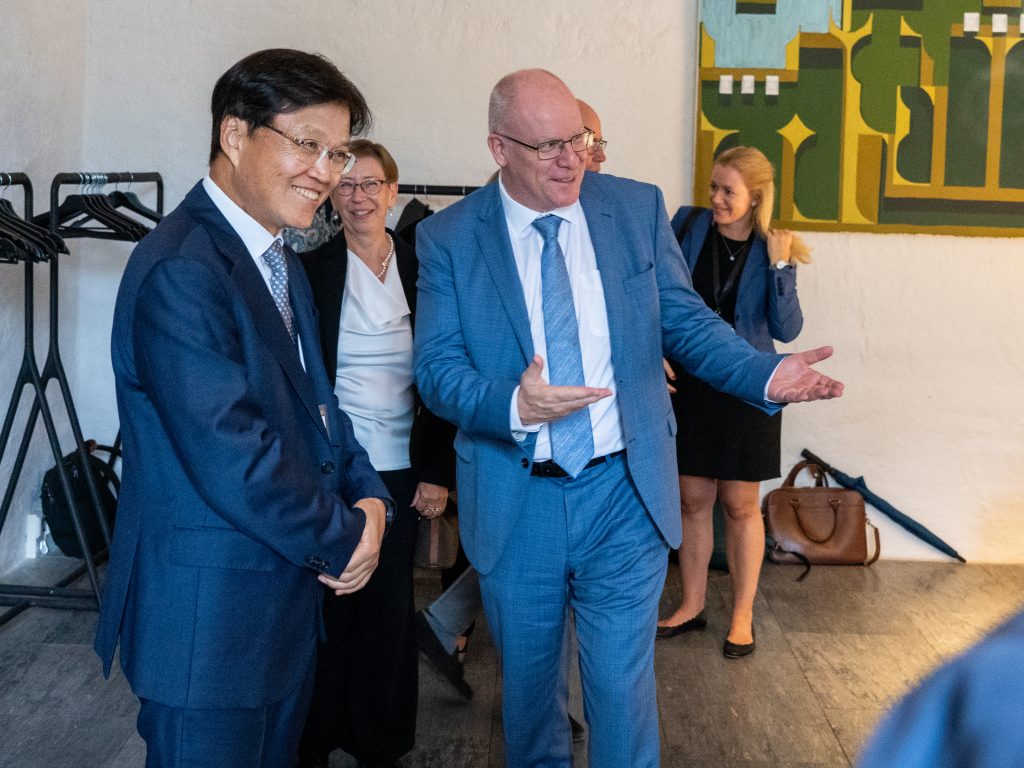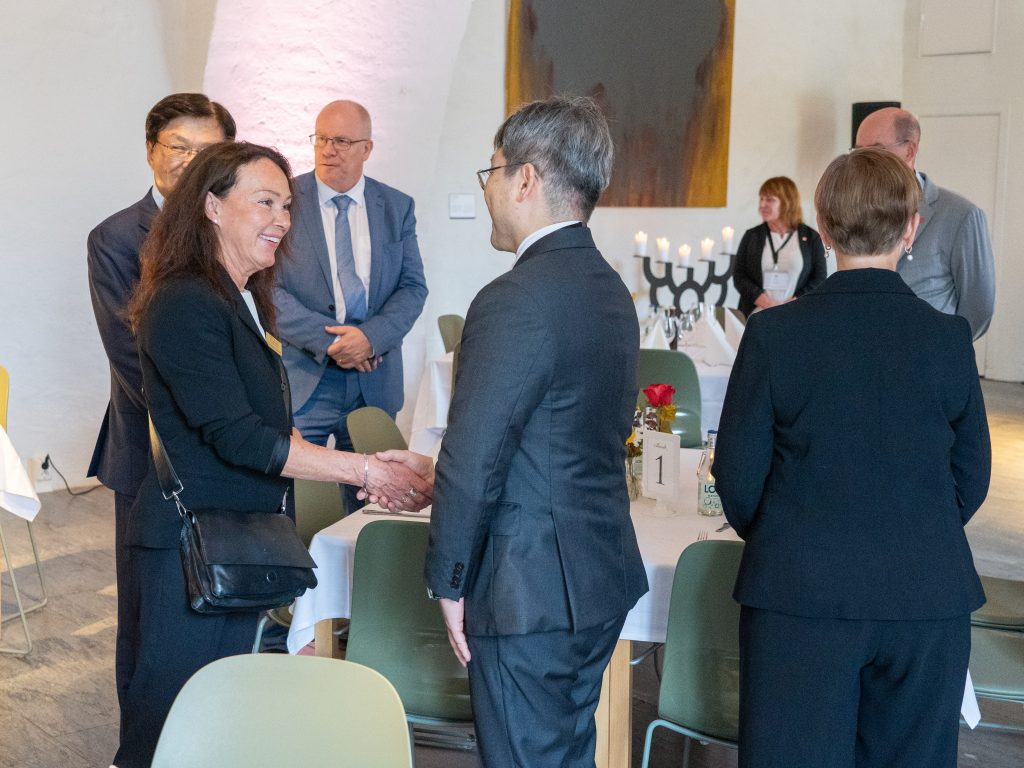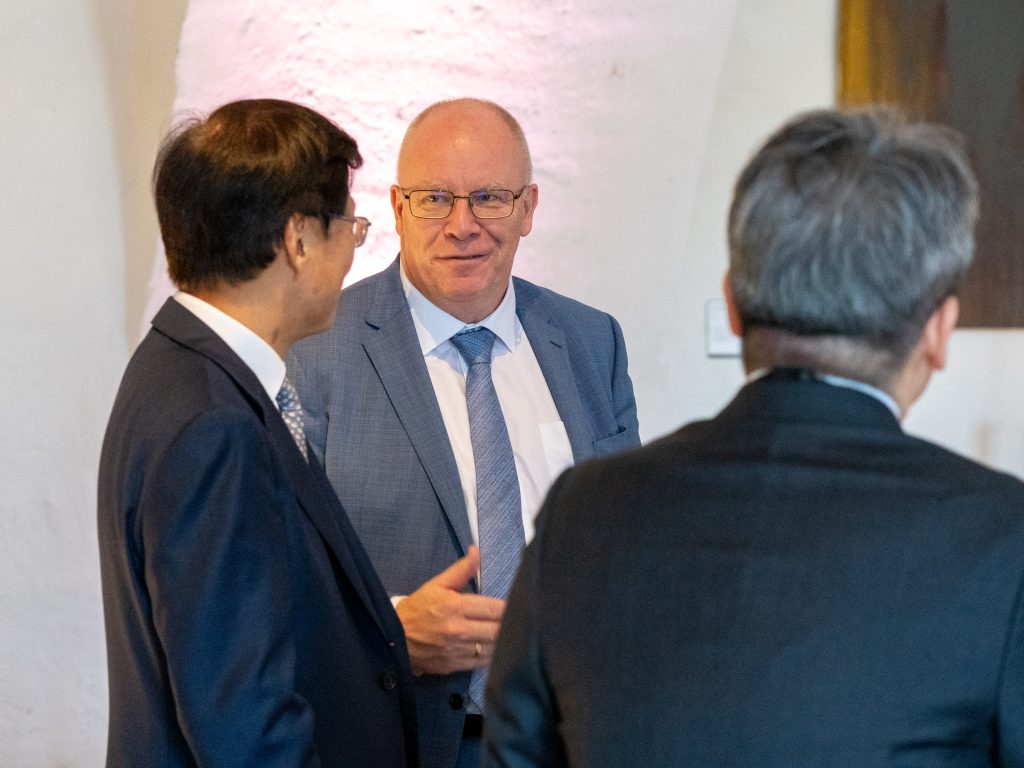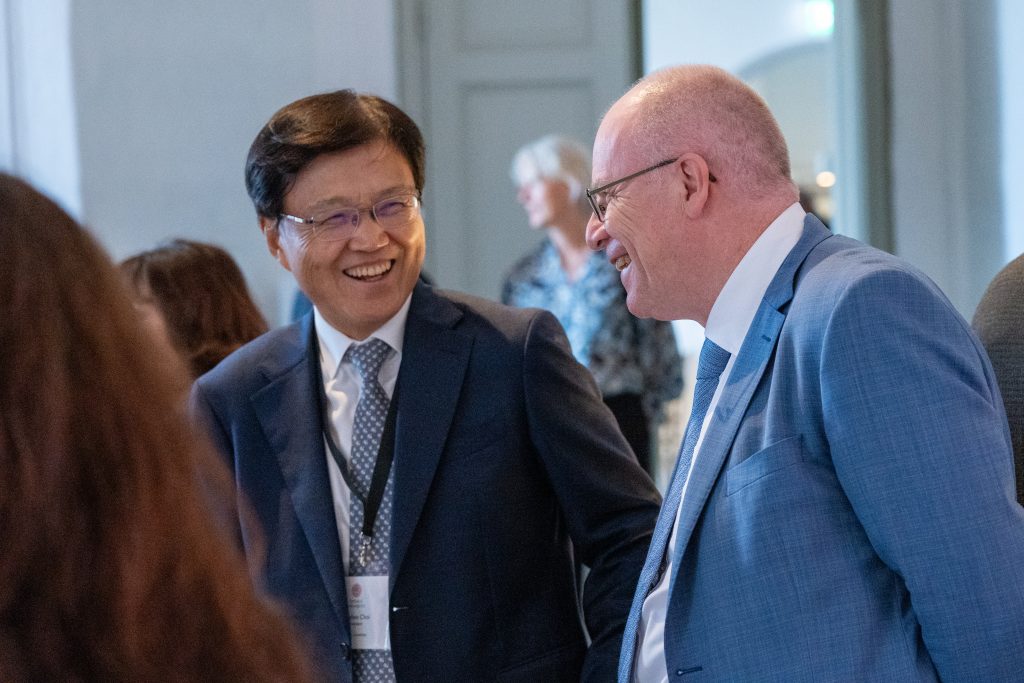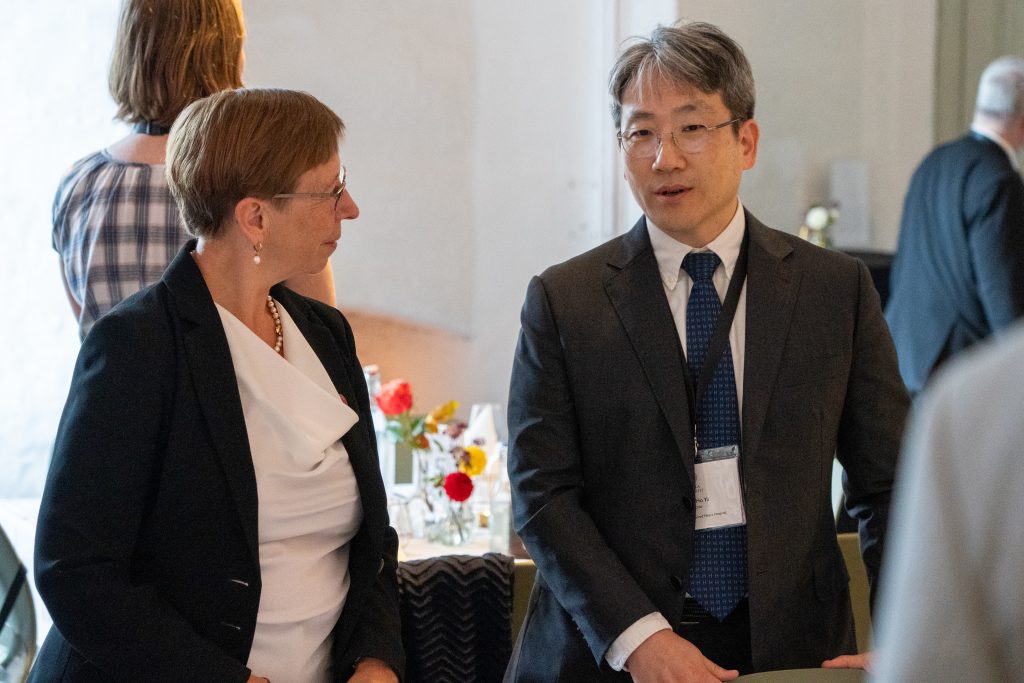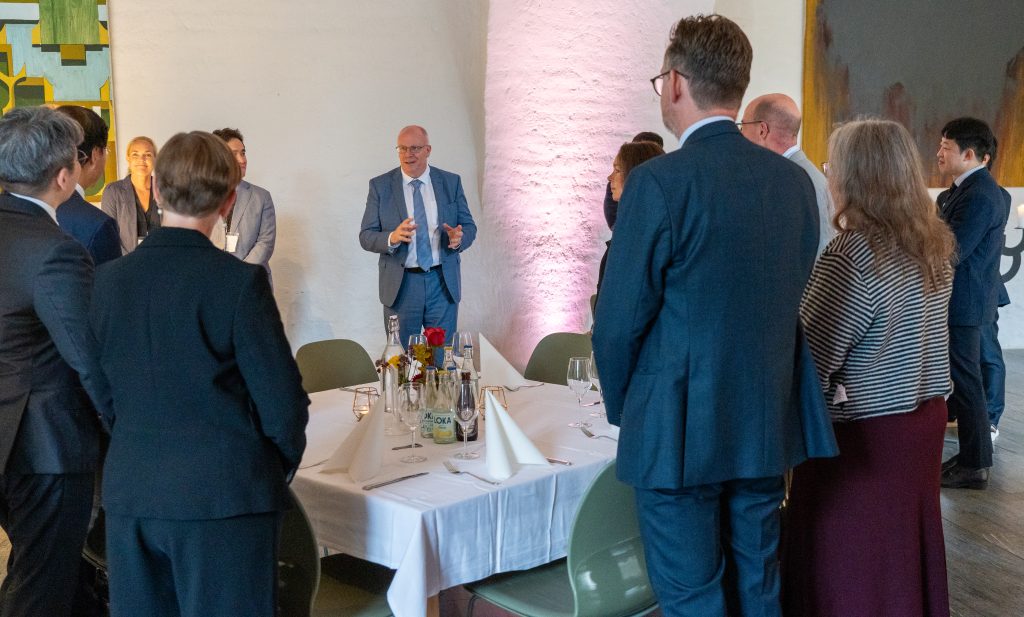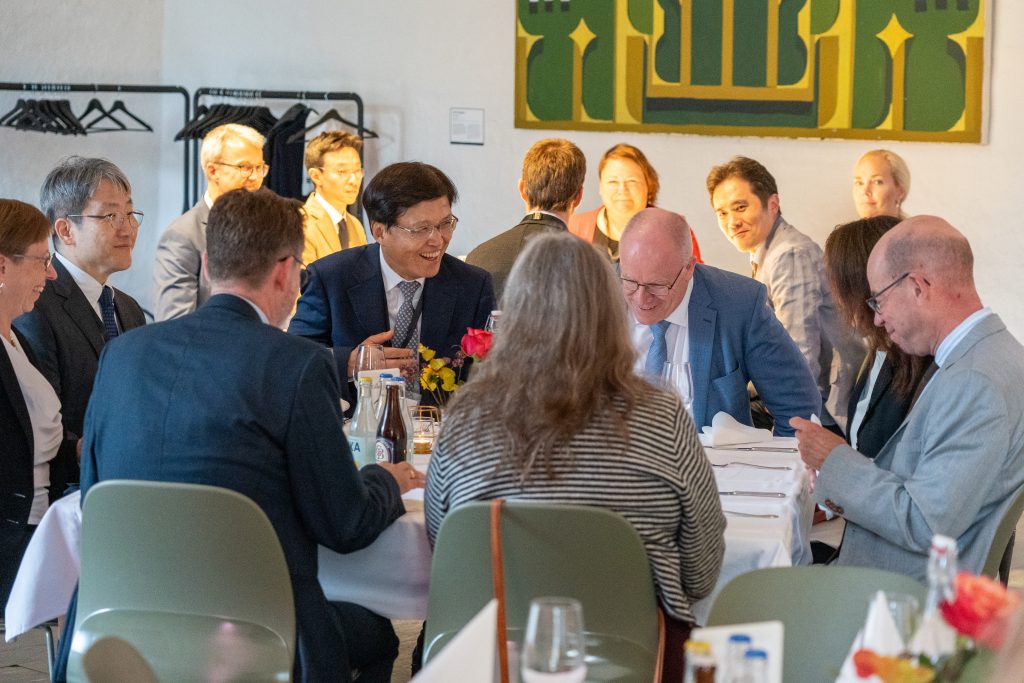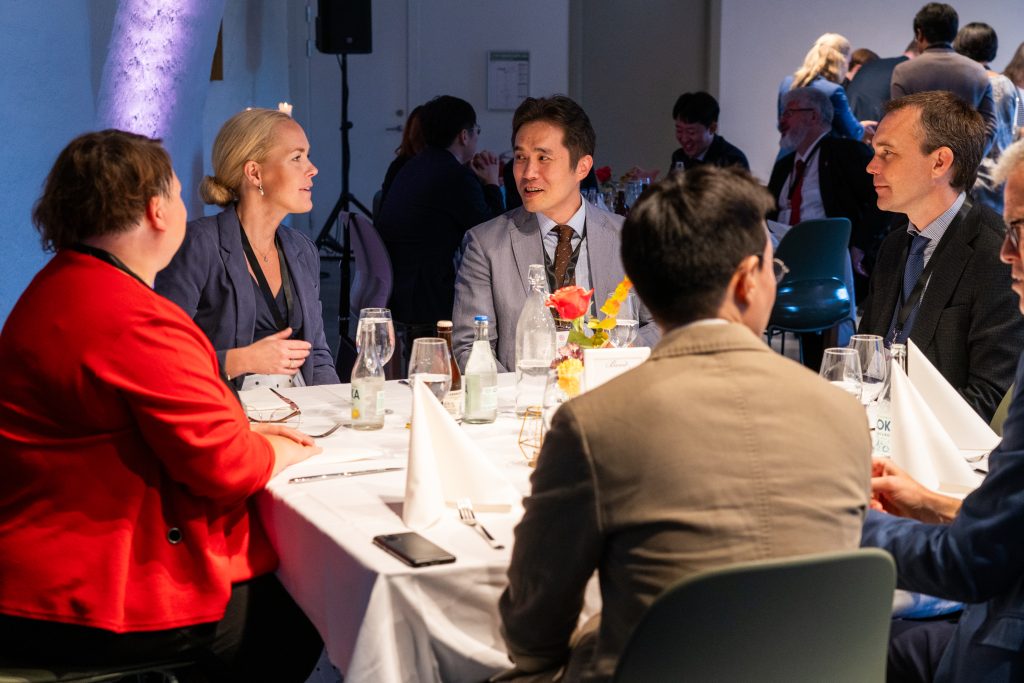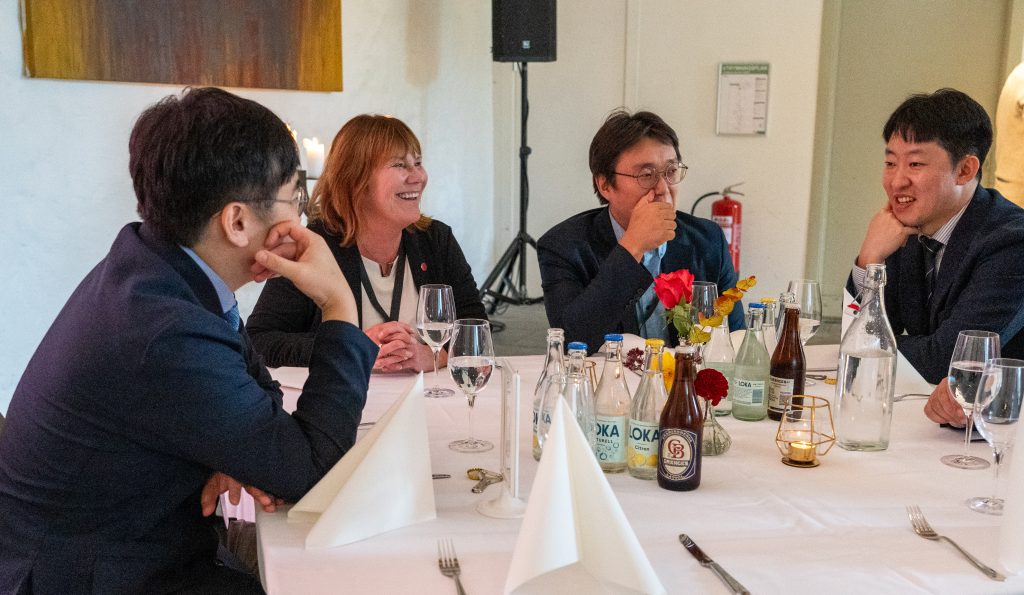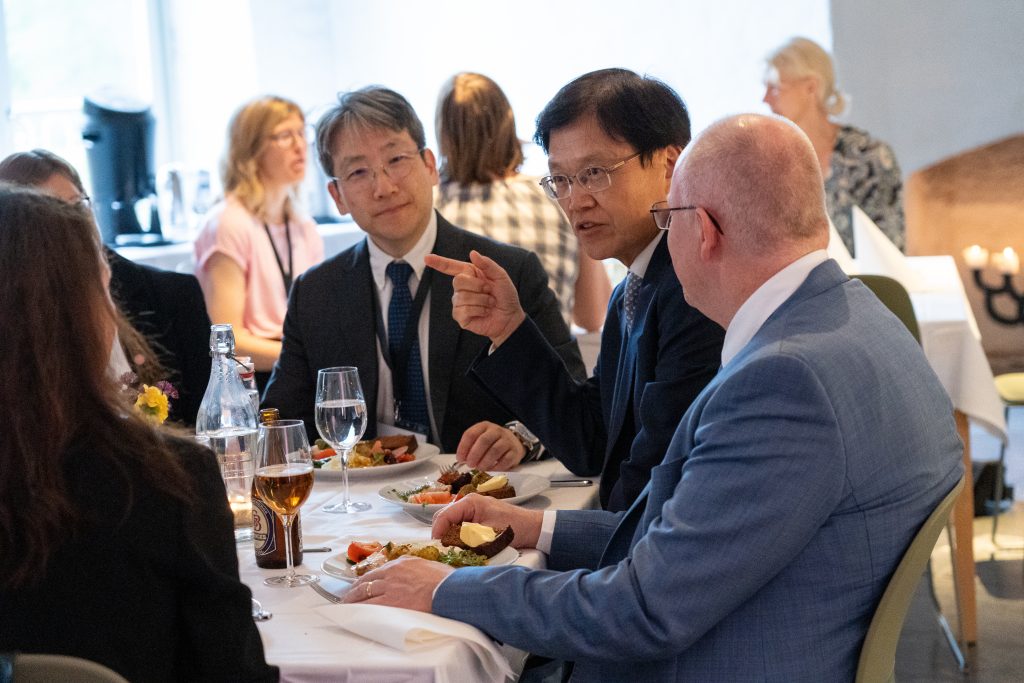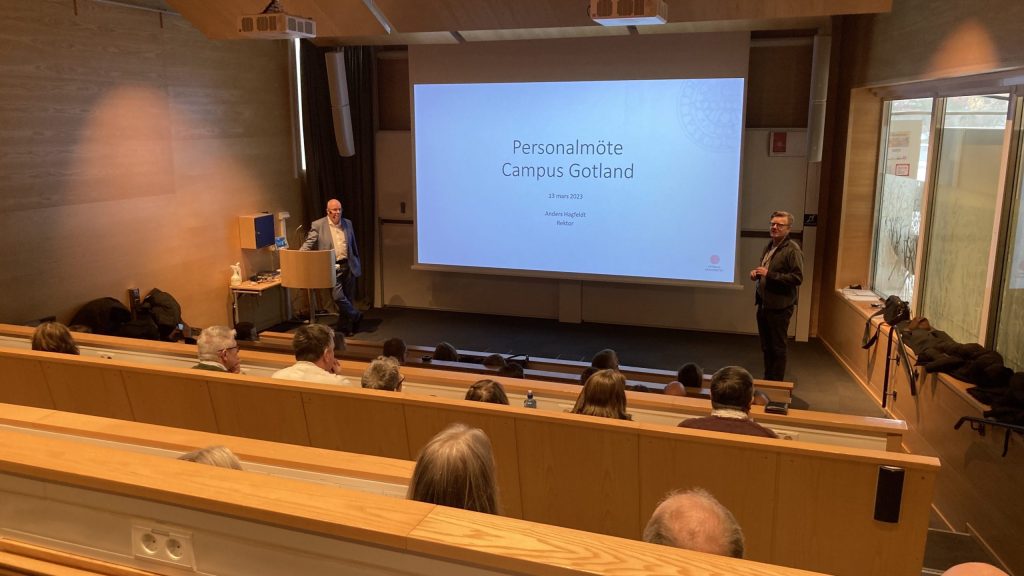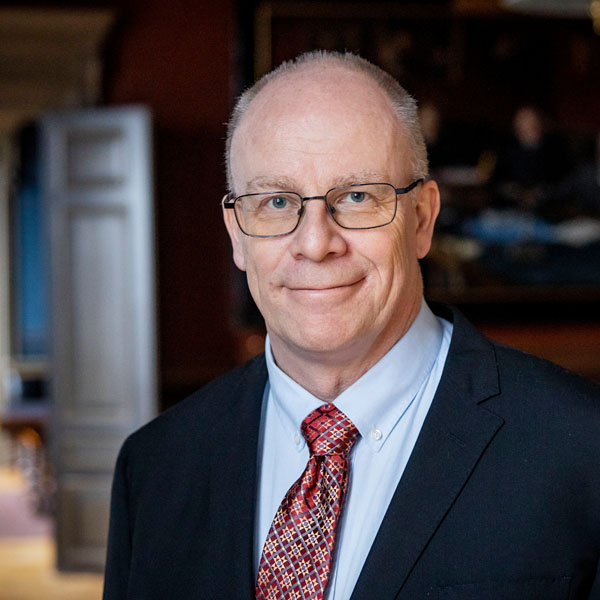The war between Hamas and Israel has been in progress for almost six months now. The situation for the civilian population is appalling and the suffering indescribable. The international community and all of us are concerned about the alarming developments and want to see a peaceful resolution.
At the University, there are staff and students who have family, friends and colleagues caught in the middle of the conflict. I sympathise with you all. The University’s support system, comprising the Student Health Service and Occupational Health Service, is available for those who need counselling. Even those of us who are not directly connected are affected. During difficult times, we need each other.
Recently, there has been a discussion about the University’s position. From the management’s side, we do not take a position and I believe it is important to explain why.
It goes without saying that our University endorses the rights adopted by the international community through the United Nations conventions. For clarity’s sake, this includes human rights. At the same time, Uppsala University must always safeguard democratic discussion, free speech and open debate. For us, academic freedom is the foundation of our activities, and everyone should be able to express their opinions and views freely and without restriction.
If the organisation – Uppsala University – takes a position on individual issues, there is a risk that staff could perceive it as a position that everyone in the University is expected to share.
The University always encourages discussion, debate and engagement. In connection with this, the University Board issued a statement in December.
“The University Board welcomes debate. So long as they do not seriously disrupt teaching or create dangerous situations, students and teachers must be able to express different points of view in accordance with applicable regulations and our tradition of academic freedom.”
(University Board’s meeting, 14 December 2023)
The University only considers making a statement when the issue concerns academia. We often express our opinion when the freedom of research is under threat and when the ability of our colleagues to pursue research and studies throughout the world is restricted – something I assume that everyone at the University endorses. In such cases, we have a voice and a natural commitment.
In exceptional cases, the University takes a position on issues outside our academic community. One such exception was that we signalled our opinion when the sovereign state of Ukraine was attacked by Russia. Prior to the statement on Russia-Ukraine, the University’s position was prompted by a discussion at SUHF (Association of Swedish Higher Education Institutions), in which the reasoning was that we as public authorities could support the government’s and thus Sweden’s national position. This position has been cited as an argument in favour of the University also taking a position on the Palestine-Israel issue. However, the conflict in which Israel and Palestine are involved is even more complicated and complex. Opinions differ, judicial proceedings are in progress, threats and hatred have become part of everyday life for many people in our country and, unfortunately, our University too. Threats and hatred have no place at our University.
I would like to emphasise that the University encourages our knowledgeable researchers to participate in the debate to nuance, explain and problematise issues. I would like to thank all those who have already contributed perspectives and knowledge.
Finally, I want to make it clear that the choice not to take a position still leaves room to express the view that hatred and the suffering and killing of civilians must stop.

